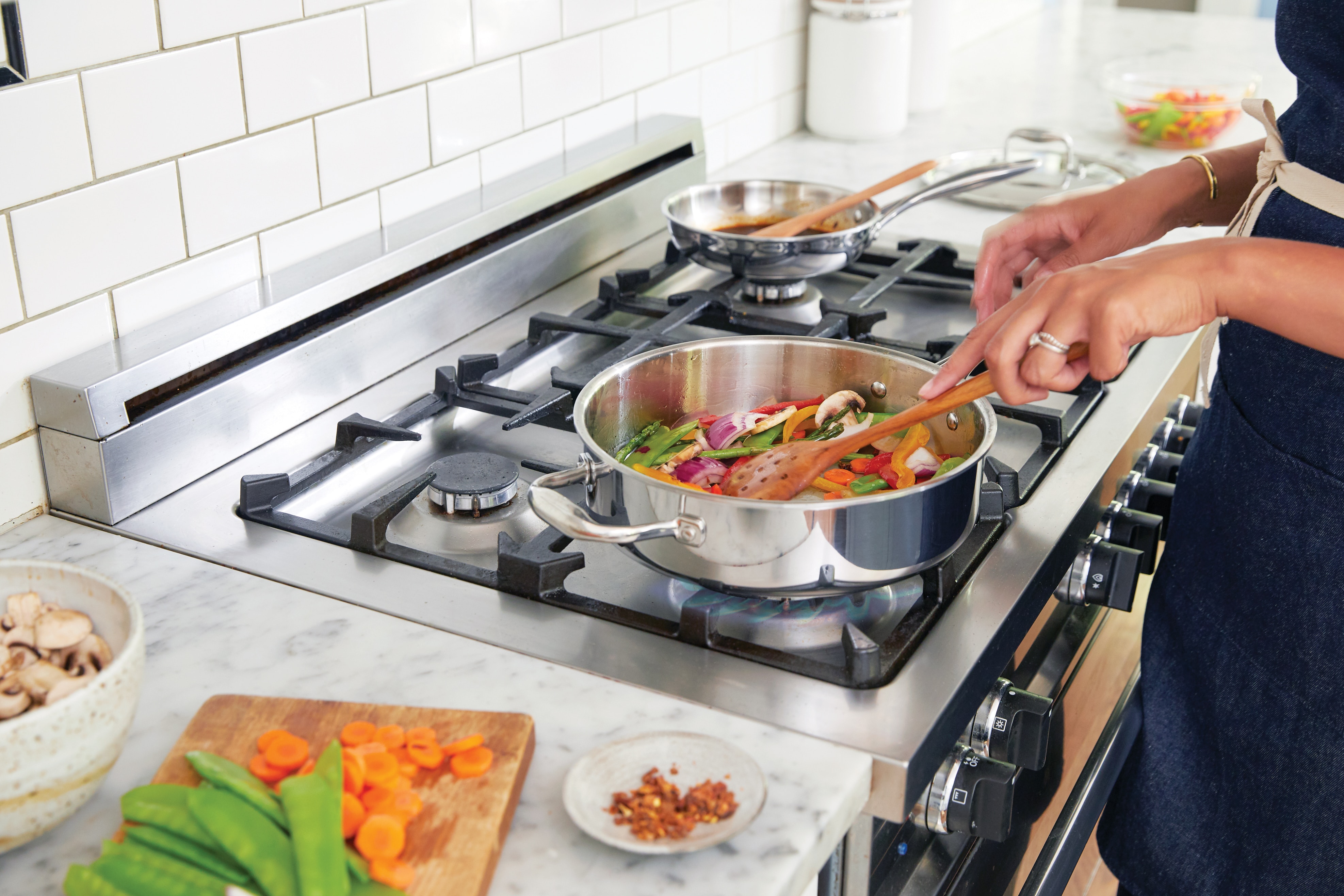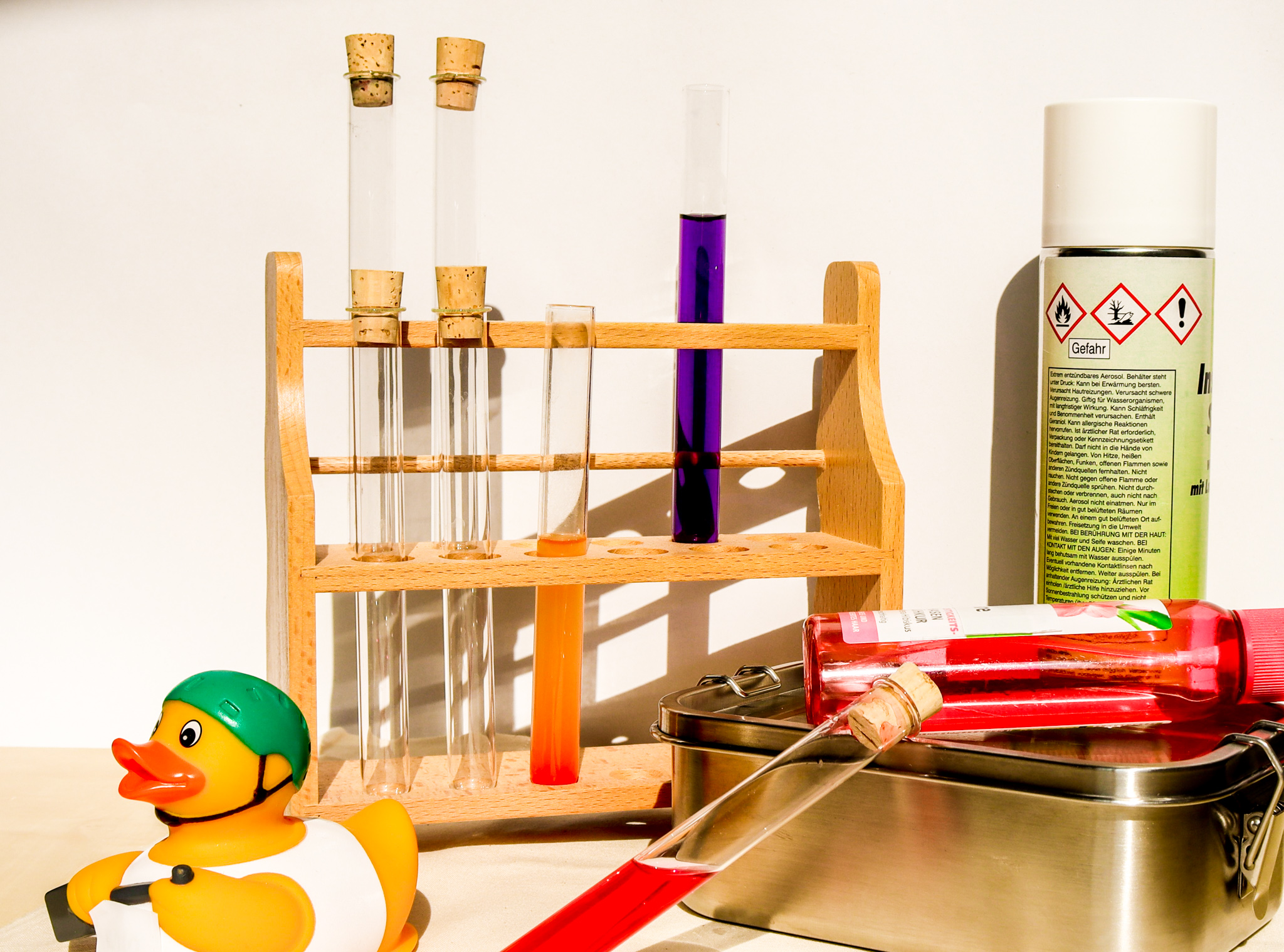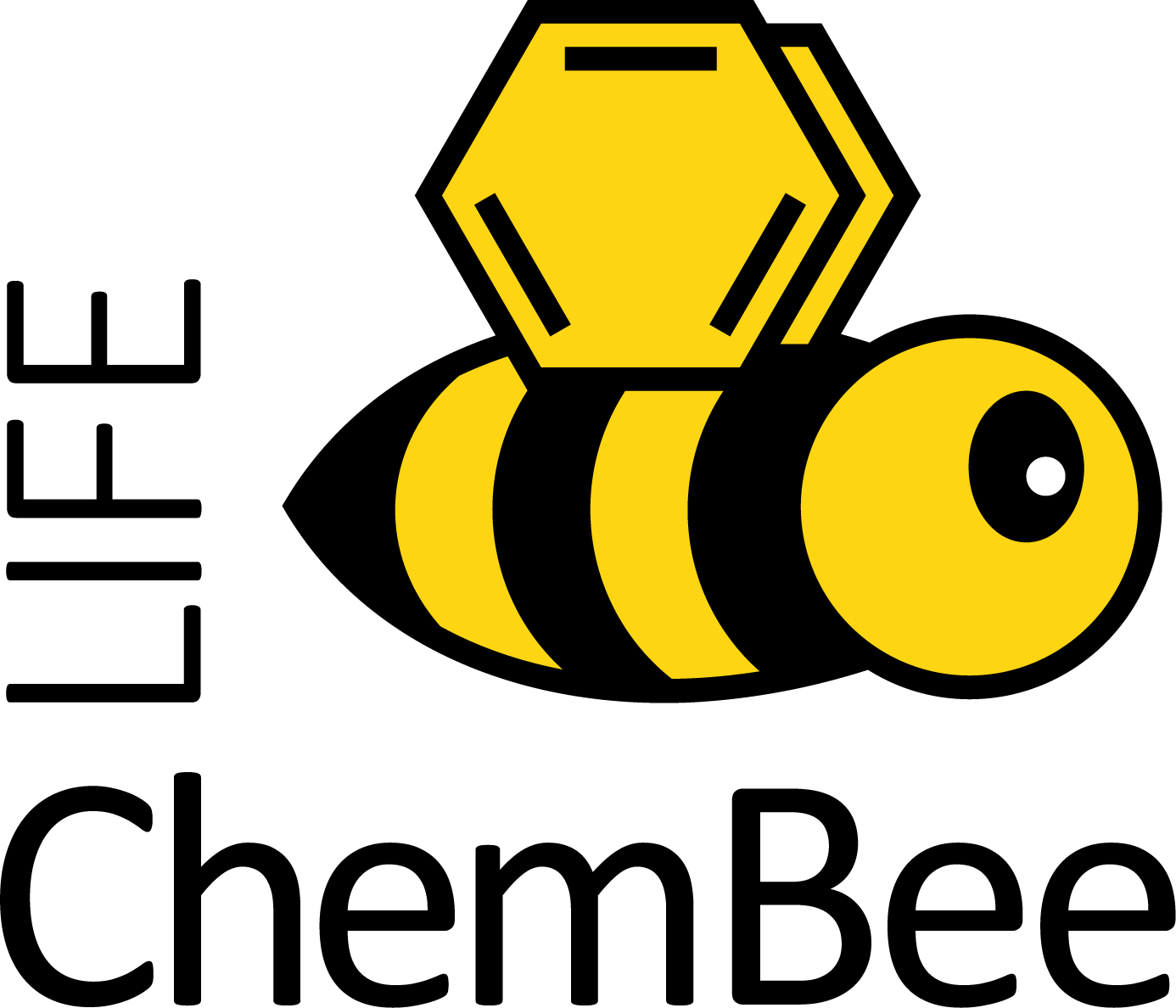Think first, then act! Choose products without hazardous substances.
Private households play a major role in the discharge of hazardous chemicals into the public sewage system. This is because through the everyday consumption of products containing hazardous substances – such as paints, care products, cleaning agents, etc. – households become small but numerous sources of hazardous chemicals that are released into the environment.
In the project, Hamburg private households are to be sensitised to hazardous chemicals in everyday life and motivated to change their behaviour in order to reduce them. For this purpose, information is compiled in various brochures and distributed to private households. The brochures focus on the reduction of hazardous chemicals in everyday life and in the household, during Christmas and inform about the protection of children.





